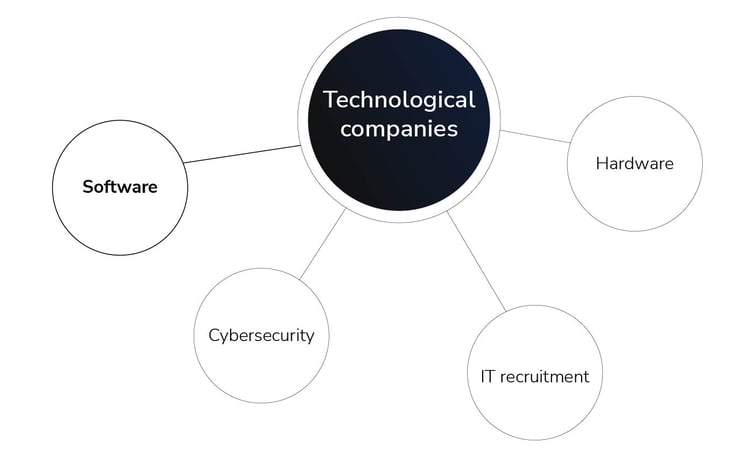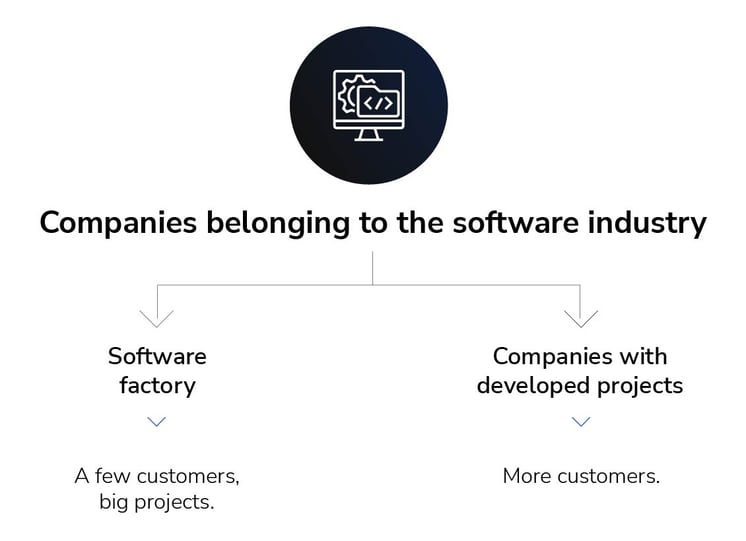In the case of companies belonging to the technology industry and, of course, companies focused on software, solutions, in general, are oriented to structuring or restructuring the commercial area and its processes since, as regards technology, these companies are experts.
Every time a company contacts us and lets us know its problems, our company proposes to create primary instances of approaching it through meetings that allow us to know the organization and its way of working. From our experience working with companies in this industry, what we identify is usually the lack of a commercial area that integrates the marketing and the sales areas. From these meetings, we make a diagnosis with the main problems and needs we have identified and, then, once everything is checked with the company, we present a project to work on together, with goals and objectives that will allow us to see the improvement process.
The definition and formalization of a commercial process tend to be one of the main tasks these companies have to carry out; this allows them to have traceability and metrics that guide the future actions of the company.
In general, the solutions we suggest for the marketing area include an action plan that involves strategies to give visibility to the product the company is offering or to show their way of work and, therefore, attract new employees. As regards the sales area, we suggest creating new strategies that allow the company to get to a new audience and that are beneficial to "train customers" so they can understand the true value of the service. We've also dealt with cases where the solution we offered was the organization of the internal processes of the company (in those companies where the commercial area was poorly developed and wasn't in contact with the operations area): a very important problem that companies need to face to become scalable and optimize their resources.
After agreeing on the improvement process we'll implement by working together, we carry it out. By getting together weekly, we work together with the company (our customer) to achieve the acceptance of different changes. At Drew, we also offer digital solutions through the implementation of software to produce exchange, foster communication among teams, and increase efficiency.
Once we confirm that changes have been absorbed correctly and employees know their role in each process and task, we provide training for them to let them know the new processes that can be implemented to reduce errors. Adding an account manager to the team in charge of upselling and cross-selling management is usually very good in this type of intervention. Our mission is to help companies and their employees apply the knowledge they acquire during the implementation of the process we design so that, then, they can manage themselves without our help.
To conclude, we can say that at Drew, we know the challenge companies face to adapt to technology; that's why we become strategic allies of our customers and offer them the most thorough tools so that challenges can be overcome.


